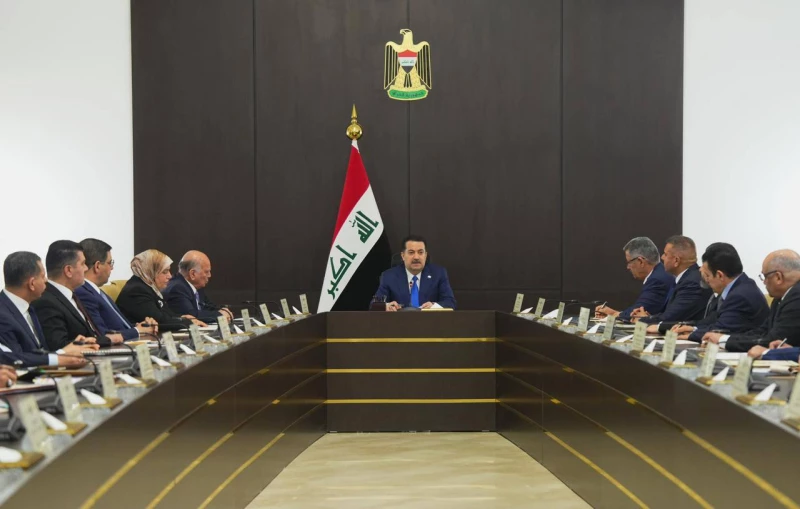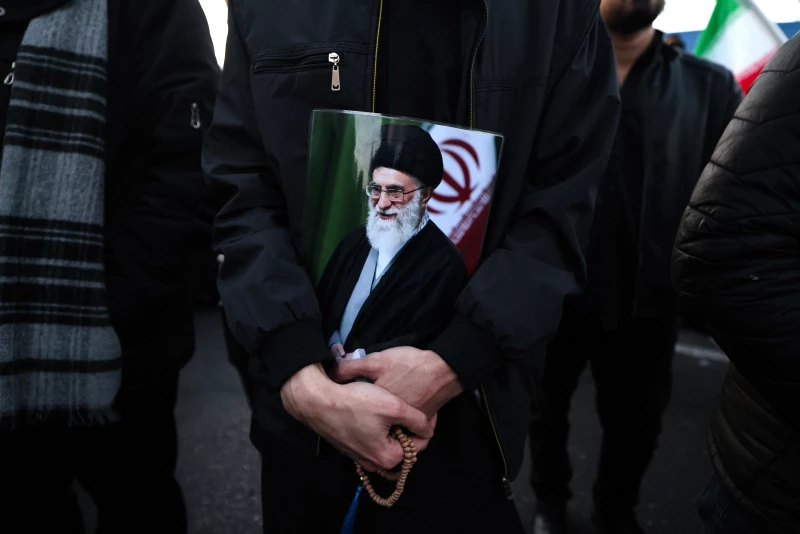A fire broke out early Sunday in Kirkuk's historic Grand Bazaar, burning a number of shops and warehouses, with no reported injuries and the cause likely being an electrical short circuit.
An official source told The New Region that around 150 shops and warehouses were affected by the fire, with clear data yet to be assessed.
Civil defense teams rushed to the scene and managed to control the fire, confirming that no human injuries were recorded. The sources suggested that the fire was likely caused by an electrical short circuit.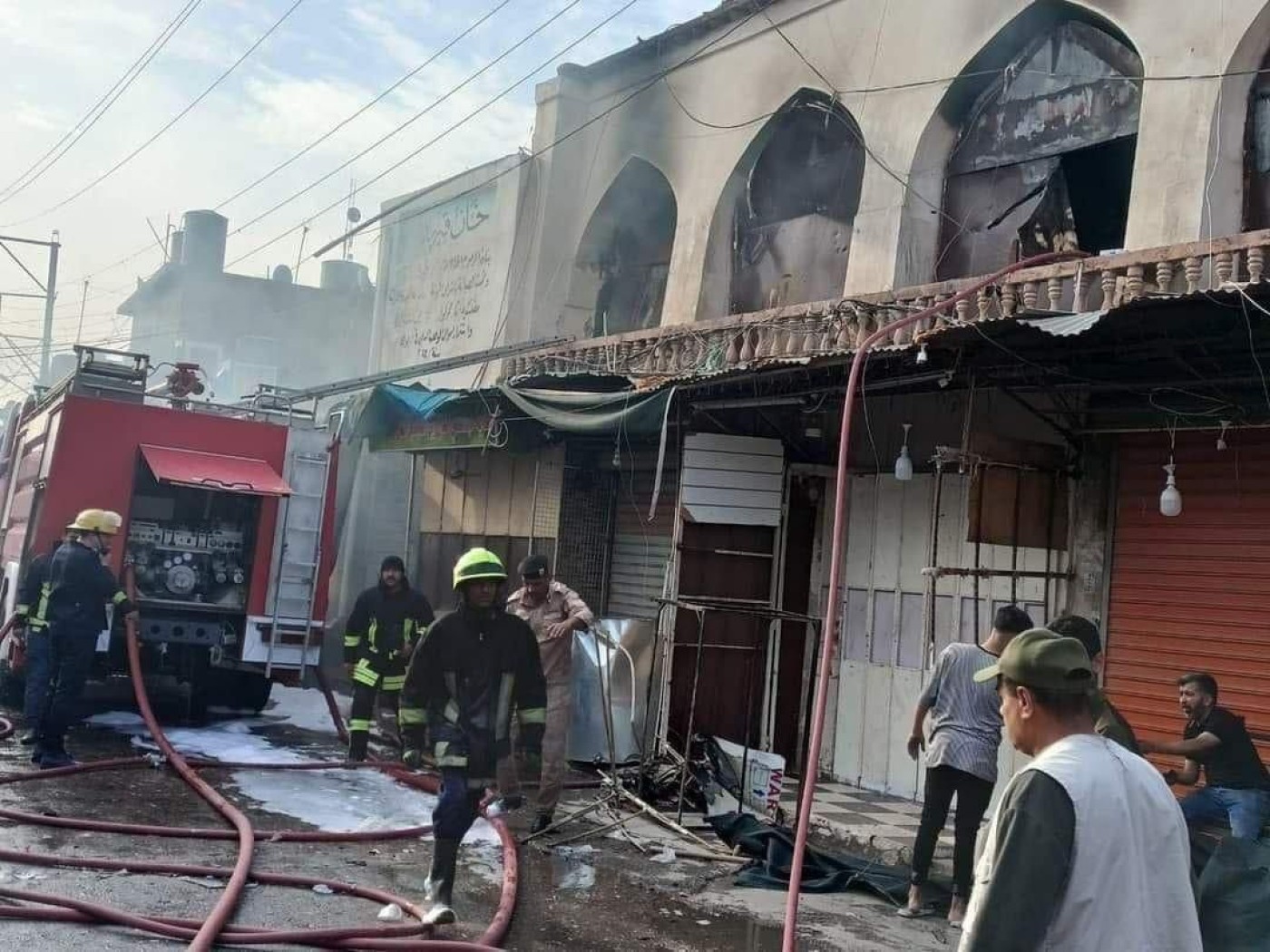
Abbas Mohammed, a shop owner who spoke to The New Region’s reporter Qais Sabah at the scene, said “they called us today at 3 AM and told us that the khan was on fire, I came and found my warehouse burning along with the warehouses of 25 other shops. The warehouses were full of goods that all got burned.”
“There is a ventilation opening in the ceiling. It is clear that someone broke it and did this, there are about 25 shops in this khan and 60 shops in the opposite khan, all completely burned,” he highlighted.
“We demand compensation and for someone from the government to come and investigate. What is our fault if the government cannot provide us with security? We pay for security, electricity, water, and everything the government asks for. We pay almost double the rent since it is a historic place, and still, they cannot provide us with security? Is that reasonable?” Abbas questioned.
Kamiran Rida, another shop owner from the fire scene told the New Region that “at 3 AM today, a fire broke out in this khan and the opposite khan, burning down the shops and warehouses owned by families trying to earn a living, it is Eid season, and all their goods have burned down.”
“We demand that the government provides us with a solution and compensates us,” he added.
Kirkuk Governor Rakan al-Jabouri stated in a press conference from the scene of the fire that “an investigation team has been formed to look into the incident.” He noted that “these teams will verify the ownership of the building to determine if it belongs to the state, in which case it will be rebuilt immediately.”
Regarding compensation for those affected, the governor emphasized the need for the victims to follow legal procedures.
“However, that swift compensation falls under the jurisdiction of the prime minister” he said, calling on PM Sudani to expedite compensation based on reports from judicial authorities.
The governor added that he has instructed the team to complete the damage assessment by Monday at the latest, pointing out that having two fires in different locations at the same time raises suspicion, stressing the need for security measures.
Jabouri said that shop owners have contracts with official security companies affiliated with the Ministry of Interior to protect their properties, as these companies would be responsible for any damage to the shops as per the contract.
This is the second fire within a week, following a fire last Friday in a market complex in Kirkuk province, caused by an electrical short circuit in the Altun City markets, which are designated for selling food products, located in the Al-Qadisiyah neighborhood.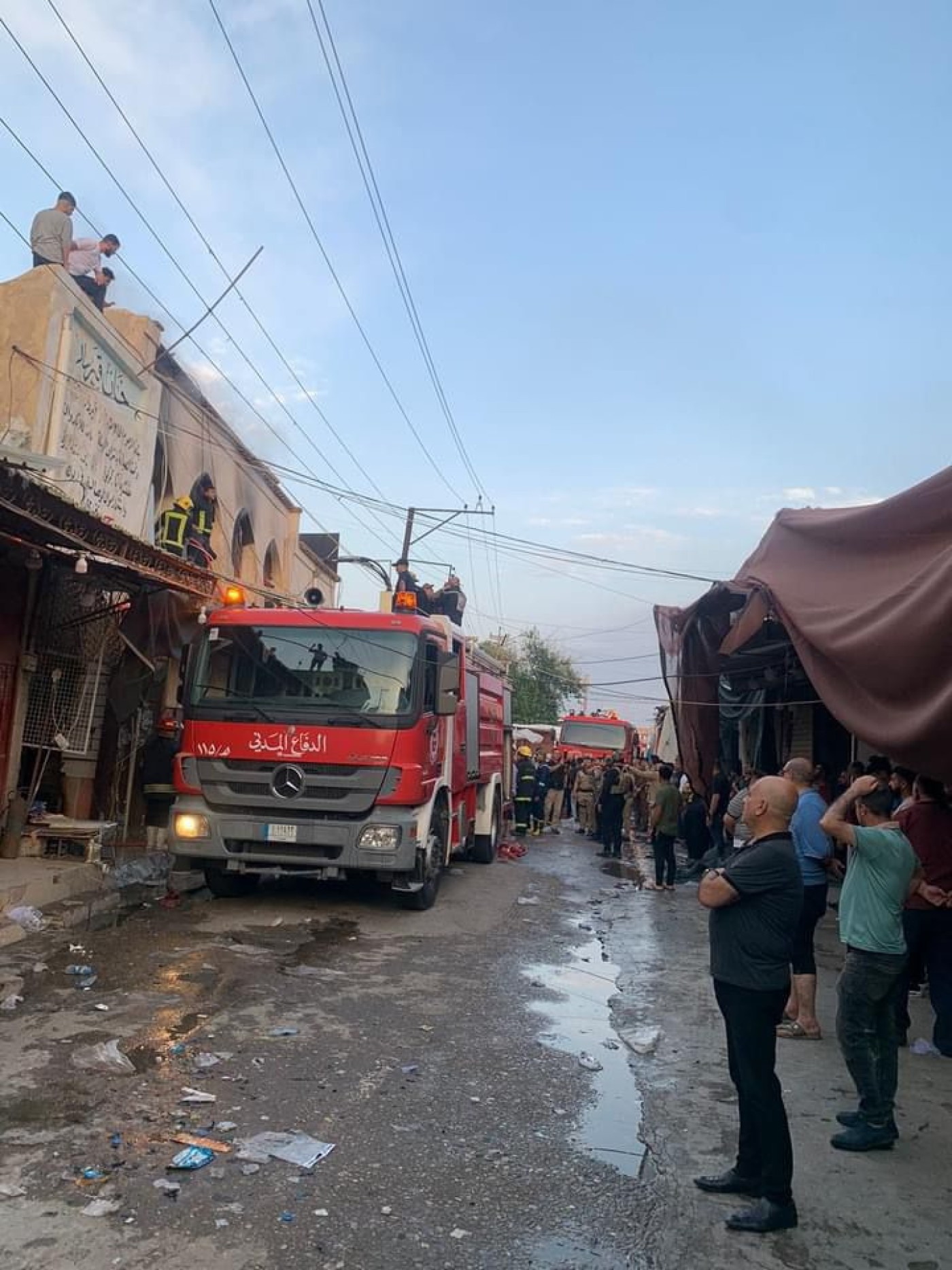
Historically Kirkuk was known as an important Ottoman trade route and there is no doubt that cities known for their commercial activity must establish inns where travelers and merchants can meet, offering them and their animals, food, drink, and rest.
These inns have been called many names, with the most important being khans. As a significant commercial city since antiquity, Kirkuk included many khans, especially during the late Ottoman era.
These khans played a crucial role in the city's commercial and agricultural renaissance and have served as architectural landmarks to this day.
They were not merely places to sleep but also bustling commercial centers where business deals were made. At night, they became vibrant meeting spots for merchants from distant lands.
Kirkuk boasted about 21 khans, some of which have disappeared through time, while others remain to this day, showcasing an architectural heritage that reflects the city's rich history and cultural heritage.


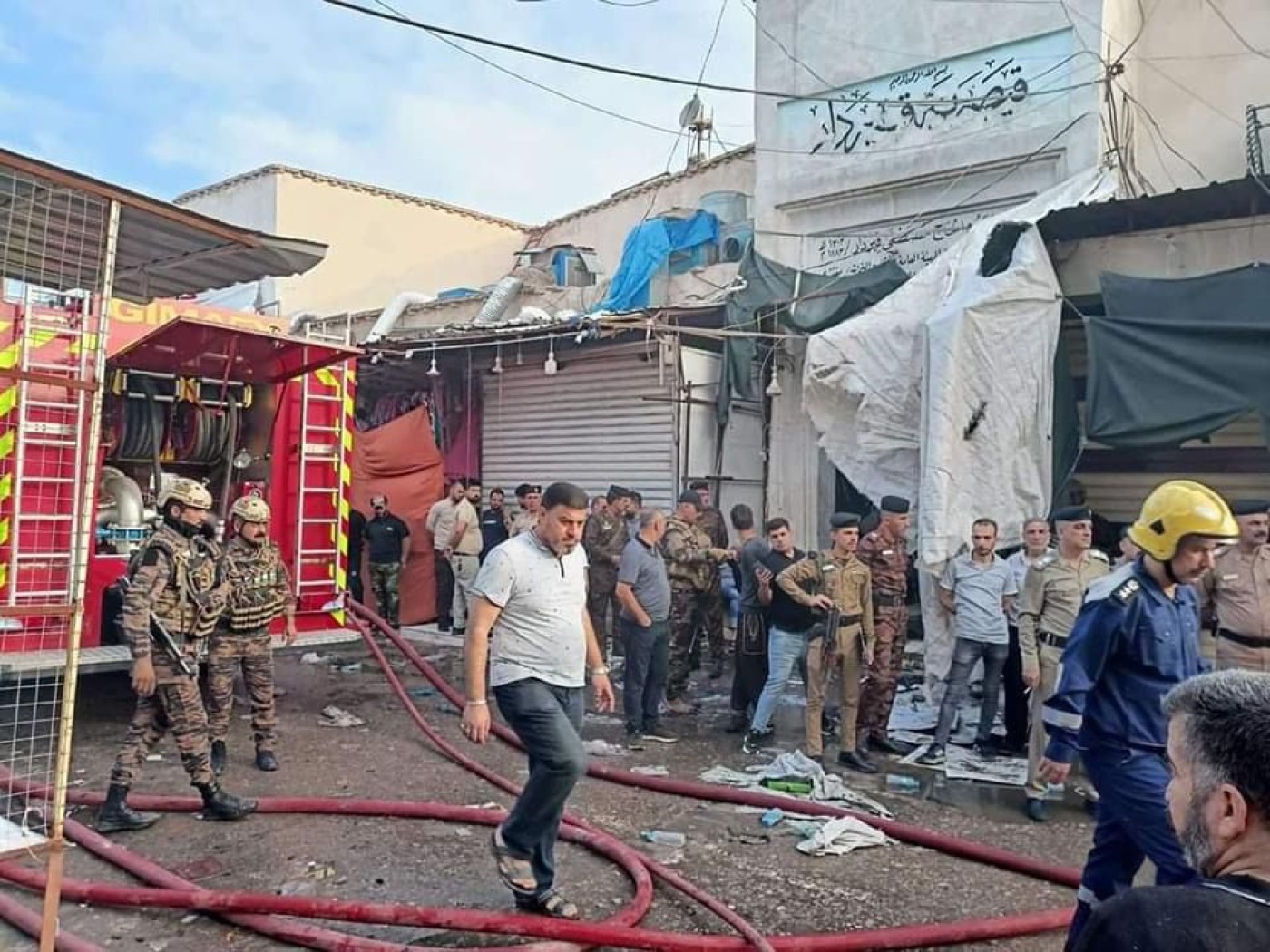
 Facebook
Facebook
 LinkedIn
LinkedIn
 Telegram
Telegram
 X
X
